Back to Courses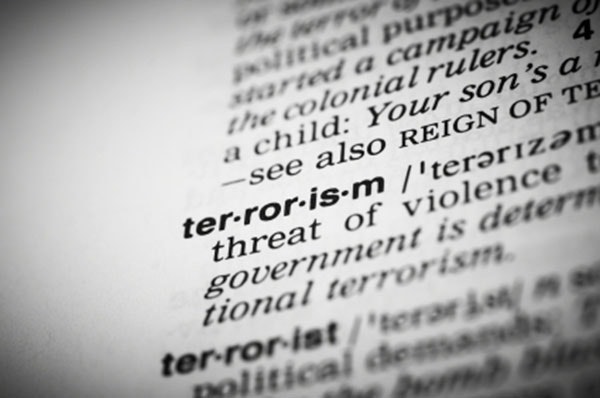
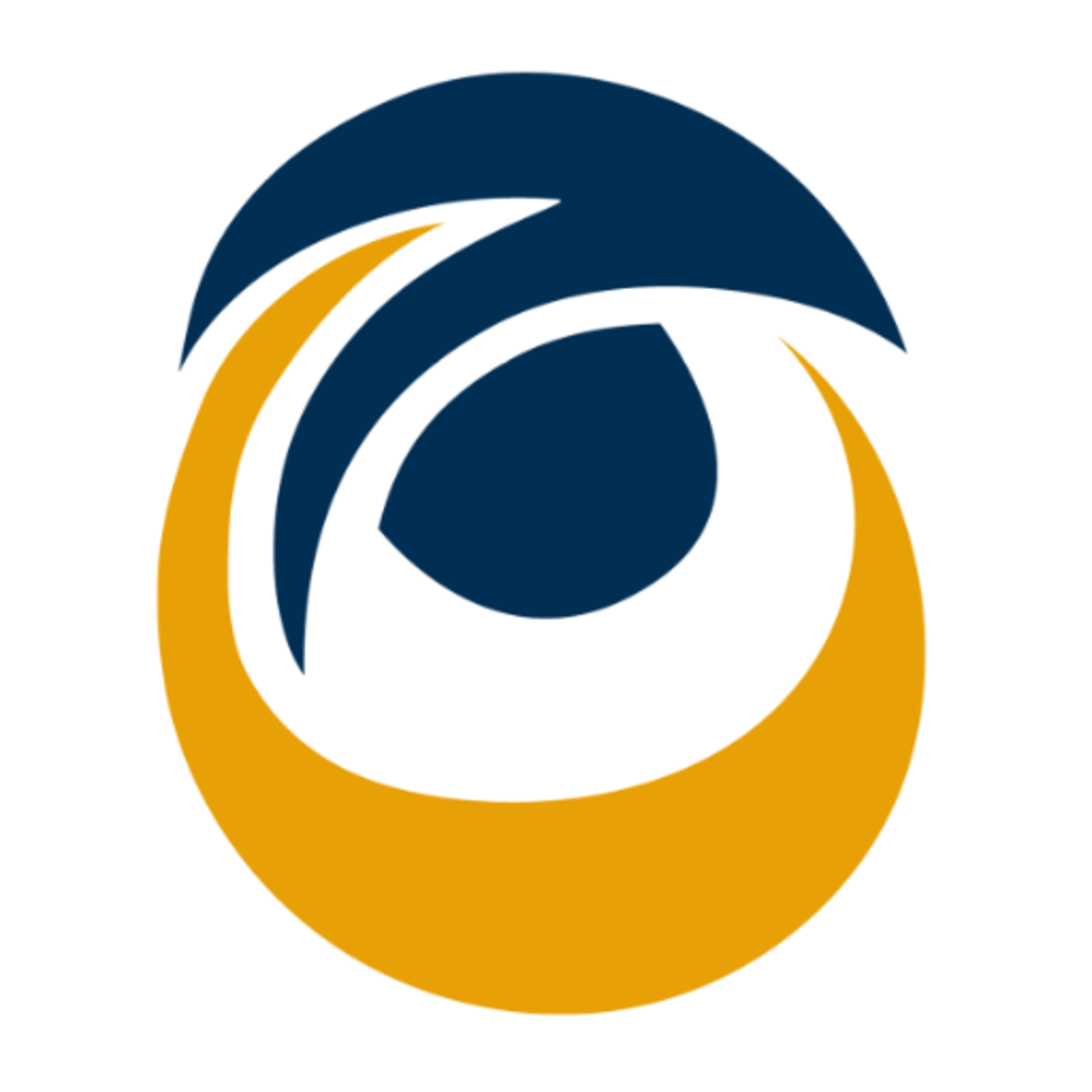


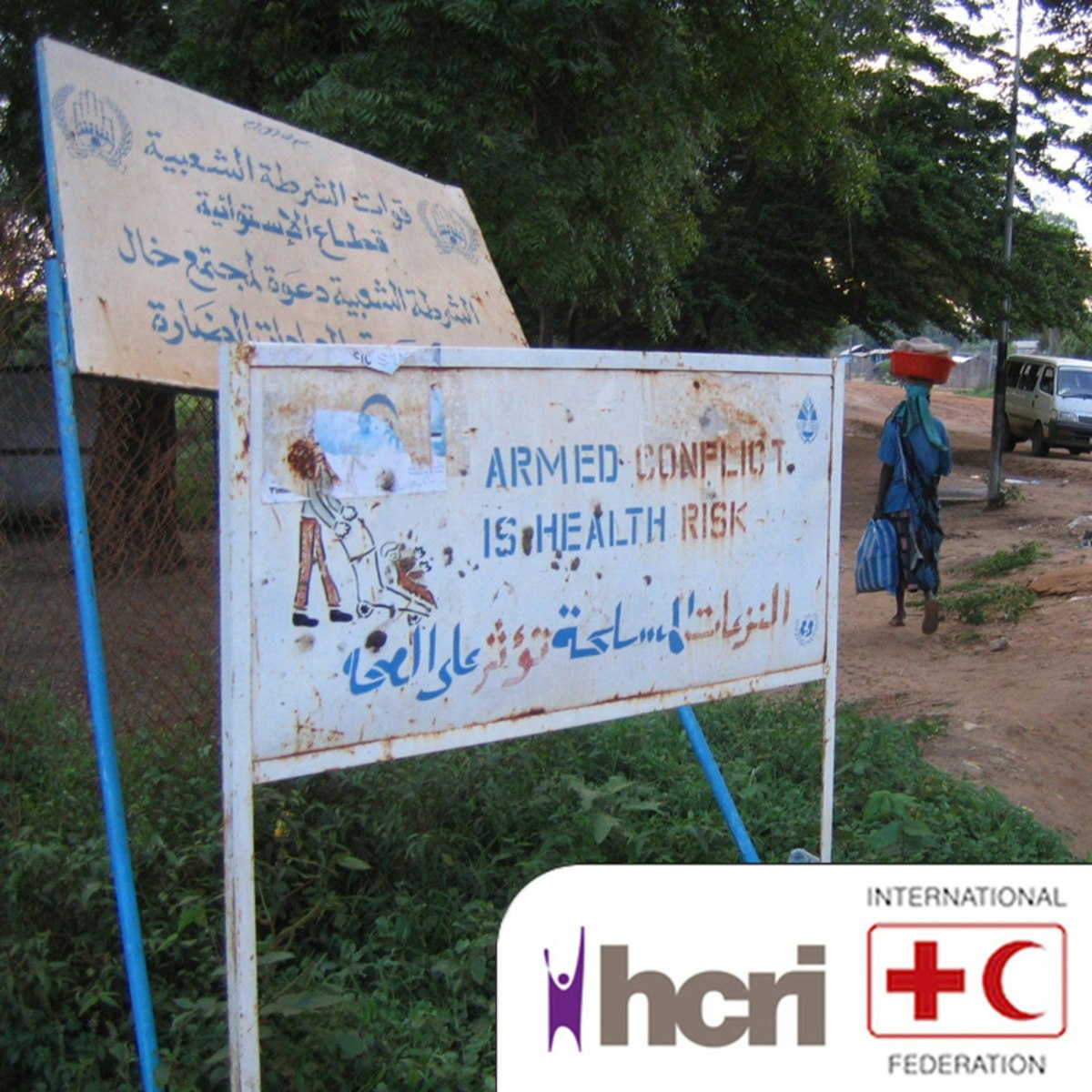
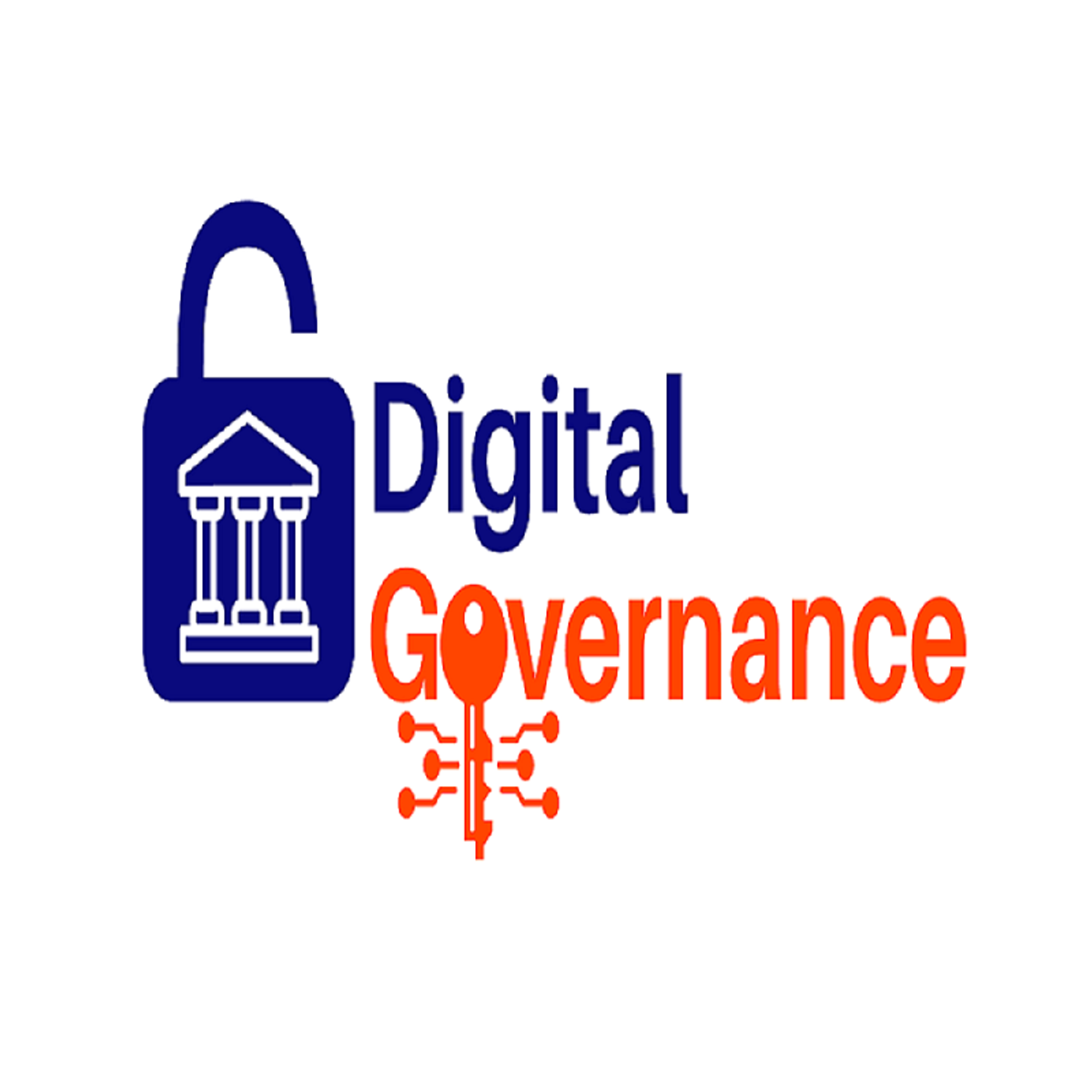

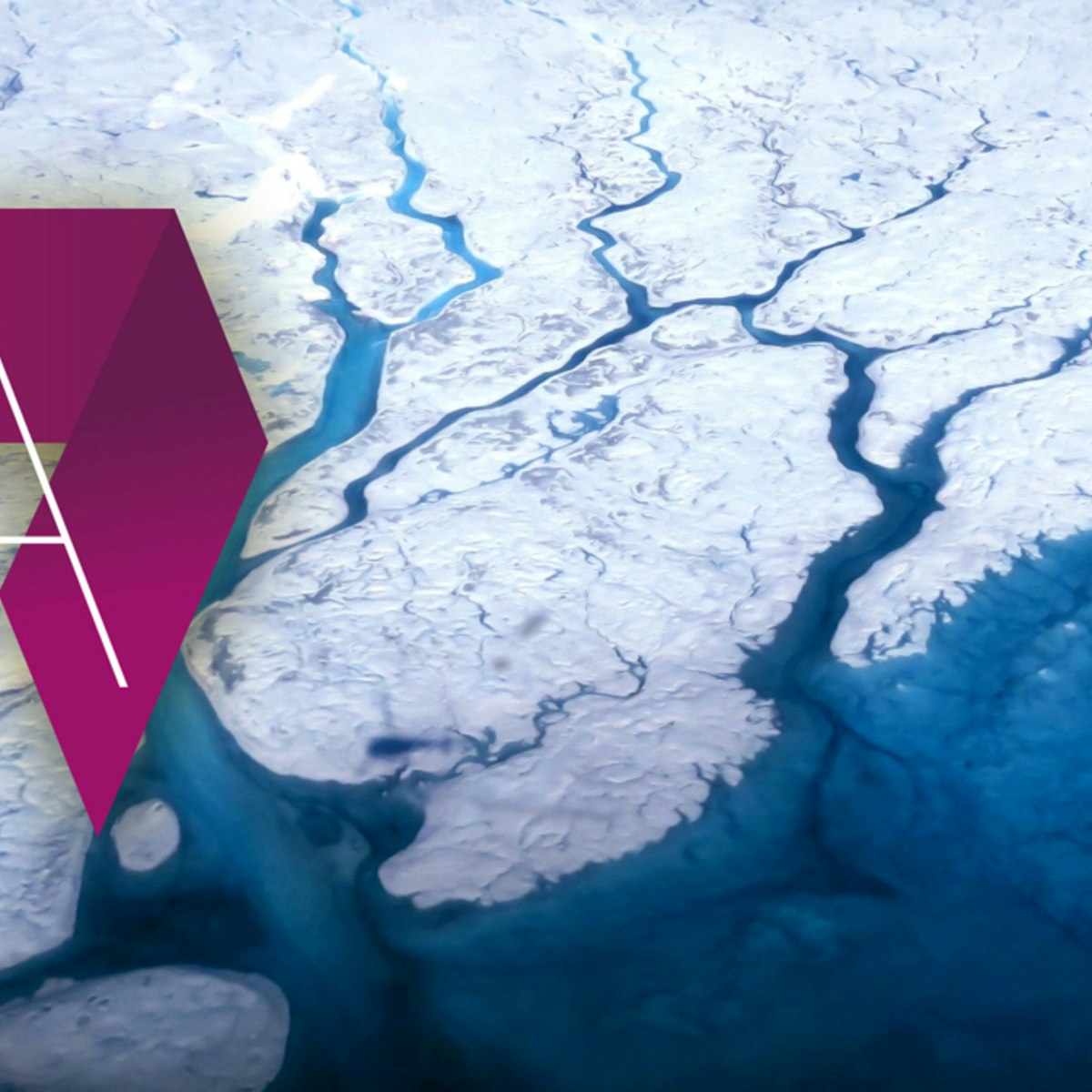


Governance And Society Courses - Page 5
Showing results 41-50 of 270

Terrorism and Counterterrorism: Comparing Theory and Practice
Delve into the research behind terrorism as you unpack the assumptions and impacts of both terrorism and counterterrorism.
Terrorism has arguably been one of the defining factors of our age. It frequently makes headlines, threatening or attacking governments, private businesses, and ordinary citizens. In many parts of the world, it has been one of the most important threats to peace, security, and stability – but what does this mean exactly?
On this six-week course from Leiden University, you’ll explore the essence of terrorism and discover why it is so difficult to define. Unpacking its history and the theory of the waves of terrorism, you’ll analyse both the theoretical approaches and practical applications of terrorism and counterterrorism in the real world.
There are many assumptions that cloud the subjects of terrorism and counterterrorism. These myths are often created and intensified by individual bias, the government, and the media. On this course, you’ll discover different assumptions about terrorist identities and motivations, as well as the efficiencies of various counterterrorism efforts. You’ll then compare this with academic research to investigate the truth behind these assumptions.
In your exploration of the impact of terrorism, you’ll delve into the culture of fear created by terrorism, as well as the success of counterterrorism policies to limit and manage its impact on society. In the final stage of this course, you’ll reflect on trends and developments in terrorism and counterterrorism. You’ll assess current academic research as well as what could be studied in the future to help.

International Security Management
In this MOOC you will learn about the colorful and diverse international security landscape, and gain insights into challenging topics including Open Source Intelligence, serious organised crime and illicit trade. You will also meet stakeholders from different sectors and backgrounds. We recorded our videos at different locations in Europe to also give you an insight into the original environment of our contributing experts. You will realize that the style and focus of the various presentations will differ from one week to the other. We feel that this is a big asset! And yes, we also have men in suits and uniforms...

Data science perspectives on pandemic management
The COVID-19 pandemic is one of the first world-wide scenarios where data made a difference in capturing and analyzing the diffusion and impact of the disease.
We offer an introductory course for decision makers, policy makers, public bodies, NGOs, and private organizations about methods, tools, and experiences on the use of data for managing current and future pandemic scenarios.
This course describes modern methods for data-driven policy making in the context of pandemics. Discussed methods include policy making, innovation, and technology governance; data collection from citizens, crowdsourcing, gamification, and game with a purpose (GWAP); crowd monitoring and sensing; mobility and traffic analysis; disinformation and fake news impacts; and economical and financial impacts and sustainability models. Methods, tools, and analyses are presented to demonstrate how data can help in designing better solutions to pandemics and world-wide critical events.
In this course you will discover the role of policy making and technology governance for managing pandemics.
You will learn about methods like crowdsourcing, gamification, sensing of crowds and built environments, and contact tracing for understanding the dynamics of the pandemic.
You will understand the risk of disinformation and its impact on people perception and decisions.
The course also covers the financial models that describe the pandemic monetary impact on individuals and organizations, as well as the financial sustainability models that can be defined.
Thanks to this course you will get a deeper understanding of motivations, perceptions, choices, and actions of individuals in a pandemic setting, and you will be able to start defining appropriate mitigation actions.
This course was developed by a set of European research and education institutions as part of the research project 'Pan-European Response to the Impacts of the COVID-19 and future Pandemics and Epidemics' (PERISCOPE, https://www.periscopeproject.eu/). Funded by the European Commission Research Funding programme Horizon 2020 under the Grant Agreement number 101016233, PERISCOPE investigates the broad socio-economic and behavioural impacts of the COVID-19 pandemic, to make Europe more resilient and prepared for future large-scale risks.

Activism in Sports and Culture
Sports have become an ever-present reflection of American culture, and an important symbol of the divisions and alliances in our society. Sports and political change walk hand in hand in America. The way that athletes and institutions deal with questions of race, economic hardship, nationalism, and political ties have become central to the way that we understand ourselves and our society. And yet, there are those who would prefer their sports free of controversy and opinion. Dedicated athletes, coaches, and media personalities have pushed back against this refrain, demanding to be seen not just as entertainers but as fully formed humans with political opinions and experiences. Their struggles against injustice have changed the face of America and kicked off a reckoning within modern-day sports.
How does context inform the shape and outcome of protests? What is it about sports that provides space — or doesn't — for political statements? Why do some of us expect athletes to be activists, when others would rather they "shut up and dribble"? We'll explore all of these questions and more in this class.
Your professor will be NBA All-Star and TNT Sports journalist and commentator Chris Webber, who leads interviews with iconic activists, including John Carlos and Jemele Hill as they wrestle with the meanings and outcomes of their activism. You'll read and watch primary source documents about acts of protest, and academic and journalistic work that reckons with the legacies of those acts. By the end of the course, you'll have a better understanding of historical and contemporary protest moments, and be able to create and apply new ways of thinking about the activism within the world of sports in history and today.

Global Health and Humanitarianism
Welcome to the Global Health and Humanitarianism MOOC. We are delighted to have you with us, and hope that the next six weeks will provide an interesting and thoughtful experience for you.
We hope the course will give you an overview of global health and humanitarianism in theory and in practice. These fields overlap, and are connected, in many significant ways. However, we have used three key themes to explore our subjects: each key theme will be discussed over two week blocks by specialist course lecturers, and supported by unique video perspectives by three keynote speakers who are leading specialists in the field.
- Weeks 1 & 2: An Introduction to Global Health Dr Amy Hughes MBE;
- Weeks 3 & 4: Humanitarian Responses and Dilemmas Dr Tim Jacoby;
- Weeks 5 & 6: The Right to Humanitarian Assistance and the Responsibility to Protect Dr Kirsten Howarth.
To get the best out of the course we encourage you to try and set aside a few hours each week. This will give you time to work through videos, written materials and linked resources, and to get involved with discussion with other learners. We have provided a variety of different readings, resources and suggested activity based on the course content. Some will be essential to your understanding of the MOOC themes, and to assessment (if you have chosen to take part in assessment activity). Others will be for those of you who want to discover more about a particular subject or perspective, or to make your own study of global health or humanitarianism in action. Check through the weekly resources and content to find out which best suit your needs.
During the course we will look at a range of different opinions and debates, linked to key themes and addressing ethics and moral issues. We hope you will be inspired and encouraged to explore and share your own perspectives, and those of others, throughout the course. Different viewpoints are essential to understanding global health and humanitarian practice.
We hope you enjoy the next six weeks finding out about Global Health and Humanitarianism, and look forward to hearing from you on the discussion boards.

Digital Governance
Big data, artificial intelligence, machine learning, autonomous cars, chatbots, just a few terms that have become a part of our professional legal and political vocabulary. Emerging technologies and technological advancement have confronted us in our daily practice and will continue to do so in the future. Whether we’re buying something online, taking part in an election, or chatting with friends across the globe. Technology is here and it is here to stay. However, as convenience as these new technologies may seem, they also have disruptive effects on society and pose us for legal and political challenges. These challenges are central to this MOOC on digital governance.
After participating in this MOOC:
- You are aware of the impact and effect of emerging technologies on law and politics.
- You can identify risks and challenges of digitization in relation to EU law, markets and economics.
- You understand the interconnectedness of problems, questions and solutions.
- You are able to break down a concrete case of digitalization impact into a sub problem.
- You can allocate problems to various fields of science or sub-fields of law.
But most importantly, you will have a lot of fun and inspiration following this course, designed by an international community of legal experts in the field of digital governance. Come with us on the journey!

Revolutionary Ideas: Borders, Elections, Constitutions, Prisons
What is the purpose of government? Why should we have a State? What kind of State should we have?
Even within a political community, there may be sharp disagreements about the role and purpose of government. Some want an active, involved government, seeing legal and political institutions as the means to solve our most pressing problems, and to help bring about peace, equality, justice, happiness, and to protect individual liberty. Others want a more minimal government, motivated, perhaps, by some of the disastrous political experiments of the 20th Century, and the thought that political power is often just a step away from tyranny. In many cases, these disagreements arise out of deep philosophical disagreements.
All political and legal institutions are built on foundational ideas. In this course, we will explore those ideas, taking the political institutions and political systems around us not as fixed and unquestionable, but as things to evaluate and, if necessary, to change. We will consider the ideas and arguments of some of the world’s most celebrated philosophers, including historical thinkers such as Plato, Hugo Grotius, David Hume, Thomas Jefferson, and James Madison, and more contemporary theorists such as Michelle Alexander, Kwame Anthony Appiah, Bryan Caplan, Angela Davis, Ronald Dworkin, Jon Elster, John Hart Ely, H.L.A. Hart, Michael Huemer, Andrew Rehfeld, and Jeremy Waldron.
The aim of the course is not to convince you of the correctness of any particular view or political position, but to provide you with a deeper and more philosophically-informed basis for your own views, and, perhaps, to help you better understand the views of those with whom you disagree.

Global Arctic
The GlobalArctic MOOC introduces you the dynamics between global changes and changes in the Arctic. This course aims to highlight the effects of climate change in the Polar region. In turn, it will underline the impacts of a warmer Arctic on the planet Earth. For human civilization, the Arctic stands both as a laboratory and a warning for human kind.
Besides, this course gives course followers an understanding of the key challenges and pathways to sustainable development in the Arctic region.
This course is unique as it gathers several world’s experts for the first time to speak about the Arctic. Their respective inputs from different academic perspectives and disciplines offer a relevant and complete assessment of the Arctic region and its connection to the rest of the planet. At the end of the day, the course intends to offer in full scope the keys to understanding as the Arctic plays as a mirror of the human and geological dynamics.

One Health: Pandemic preparedness, prevention, and response
This course was developed by the Karolinska Institutet (KI) and the Federation of the European Academies of Medicine (FEAM) as part of the research project 'Pan-European Response to the Impacts of the COVID-19 and future Pandemics and Epidemics' (PERISCOPE). Funded by the European Commission Research Funding programme Horizon 2020 under the Grant Agreement number 101016233, PERISCOPE investigates the broad socio-economic and behavioural impacts of the COVID-19 pandemic, to make Europe more resilient and prepared for future large-scale risks.
This course is primarily aimed at highly specialised technical professional groups (healthcare authorities, policymakers, researchers and other academics) interested in learning more about the One Health approach. The modules are for participants who are likely to have previous knowledge about the concept in one specific area or pillar but not necessarily in all of them.
The course will provide basic knowledge and contextualisation of One Health in creeping crises, such as the COVID-19 pandemic. Attending the course, participants will identify enablers, limitations, barriers, and next steps in and to the One Health concept and operationalisation.
PERISCOPE website: https://www.periscopeproject.eu/
KI website: https://ki.se/en
FEAM website: https://www.feam.eu/

Introduction to the Nonprofit Sector, Nonprofit Organizations, Nonprofit Leadership and Governance
This course introduces you to the nonprofit sector, nonprofit organizations, and the concepts of leadership and governance. While this course has been developed with North American culture in mind, we do appreciate that in other parts of the world the nature of the nonprofit sector, nonprofit organizations, nonprofit leadership and governance may not be the same. Nevertheless, it is our hope that much of the course content will still be of value to those in other parts of the world.
To learn more about this course, please watch the overview video by copying and pasting the following link into your web browser: https://goo.gl/YMg1Qd.
Keywords: Nonprofit; Nonprofit Sector; Voluntary Sector; Nonprofit Organizations, Non-Governmental Organizations, Volunteer Organizations, Leadership, Management, Governance, Board, Board of Directors, Performance, Effectiveness
Course 1 Overview:
Week 1: Some of the questions you will explore this week are: What is the nonprofit sector and why does it exist? What are the unique characteristics of nonprofit organizations? What are the trends and emerging issues facing organizations in the nonprofit sector?
Week 2: Questions to be explored this week are: What is leadership at the governance level and how is it different from management? What is good governance and why does it matter? What is a board of directors?
Week 3: This week's questions: What roles do board members play in nonprofit organizations? Broadly speaking, what are boards responsible for and how do they go about their work? What are some of the issues that challenge the board's ability to go its work?
Week 4: At this stage, you are asked to review the course content, submit a written assignment (known lightheartedly as a BEAR (Board Effectiveness Readiness Assessment), and take two multiple choice Readiness Assurance Tests (known similarly as RATs). One RAT will assess knowledge and reading comprehension and the other will test application of knowledge within a practical case.
Week 5: We will encourage you to discuss the RATs in the discussion forums and take them again should you wish to change any of your answers based on the information exchanged.
Popular Internships and Jobs by Categories
Find Jobs & Internships
Browse
© 2024 BoostGrad | All rights reserved